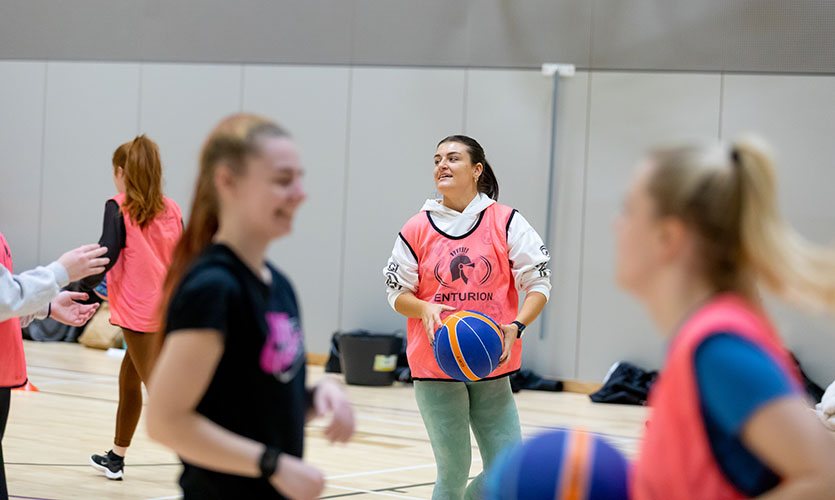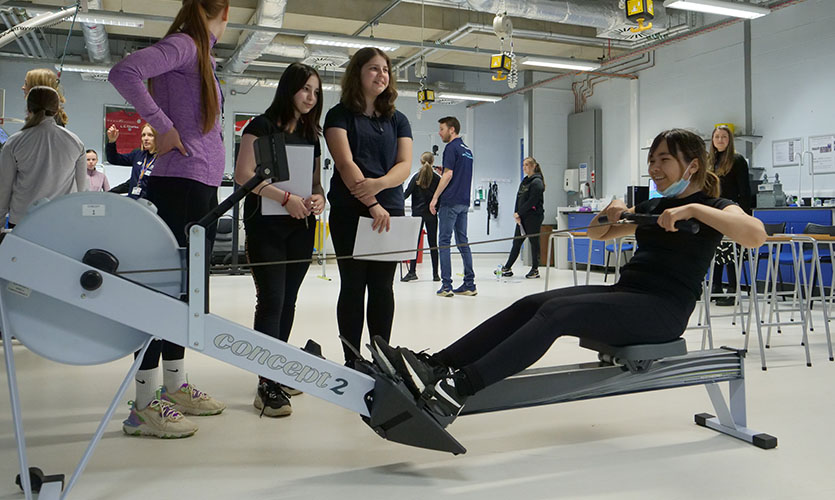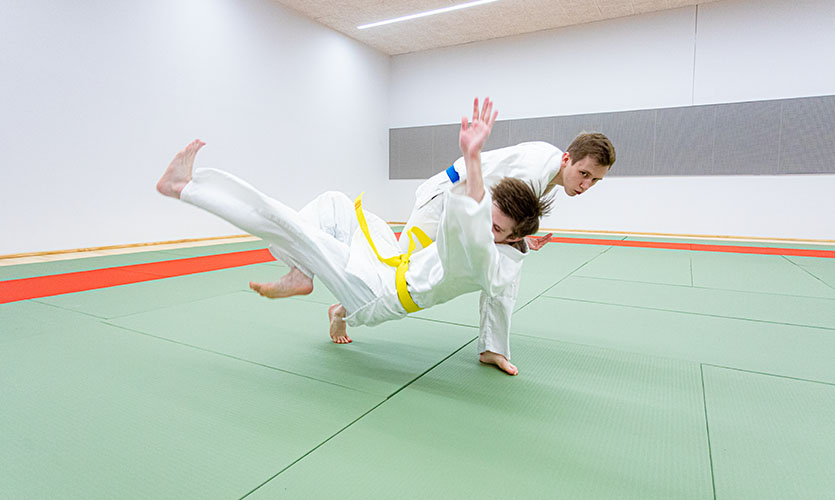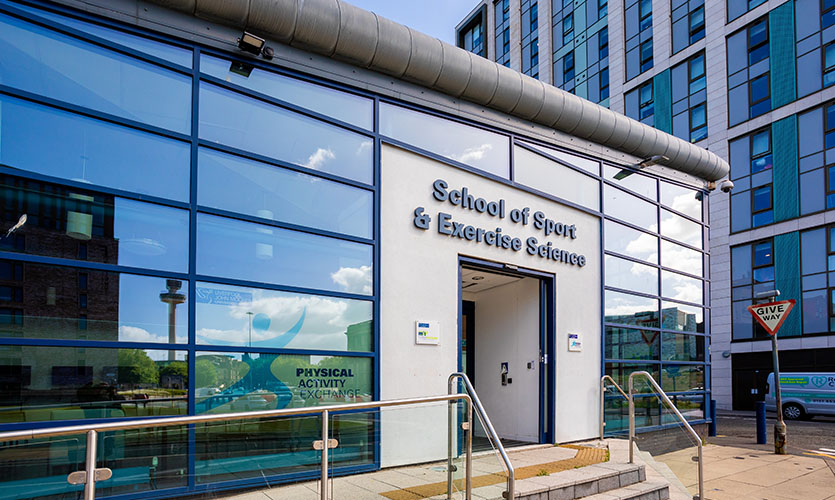Physical Activity Exchange
Delivering world-class research and applied solutions for better health and well-being
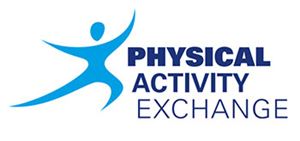 The Physical Activity Exchange brings together research, policy and practice that impacts physical activity, sedentary behaviour and health across the life-course.
The Physical Activity Exchange brings together research, policy and practice that impacts physical activity, sedentary behaviour and health across the life-course.
For over 20 years we have successfully worked in partnership with public, private and third sector organisations, providing a broad range of research, education and consultancy services.
For any enquires please contact Professor Lynne Boddy, PAEx Lead: L.M.Boddy@ljmu.ac.uk
What we do
We work together with funders, commissioners, practitioners, service users and participants to co-produce evidence-based interventions that are feasible, have impact and are sustainable in the real world.
Our research uses the best available science, employing mixed methods approaches to understand and change behaviour in populations across the life-course and health-span.
We work across multiple settings including schools, workplaces, NHS trusts, community organisations, and with families to conduct robust, timely and impactful work. Our work has received national and international recognition for its impact and rigour as evidenced by 5* REF impact case studies and international awards.
How we work
- We research and evaluate the effects of physical activity and sedentary behaviour on health and well-being
- We use robust scientific measures to provide information on levels of physical activity, sedentary behaviour and health
- We explore factors that affect participation in physical activity and sedentary behaviour
- We design, implement and evaluate interventions to change behaviour
- We work collaboratively with our external partners to translate evidence into policy and practice



